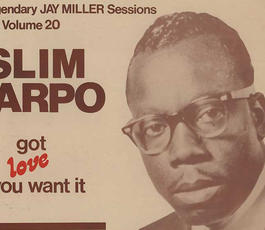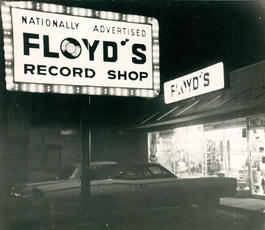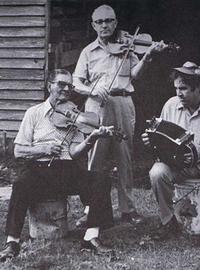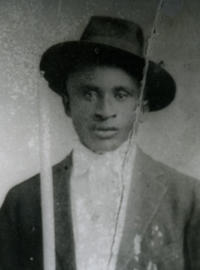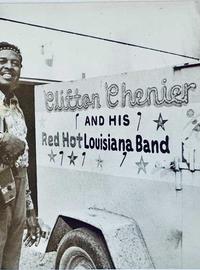
Indigenous to the Acadiana region of South Louisiana and East Texas, swamp pop appeared during the mid- to late 1950s, when teenage Cajun and Black Creole musicians began to experiment with modern pop music elements. In doing so, they unwittingly fused the sounds of artists like Fats Domino, Elvis Presley and Little Richard with South Louisiana’s ethnic music traditions.
Swamp pop appeared during the mid- to late 1950s, when teenage Cajun and Black Creole musicians began to experiment with modern pop music elements. In doing so, they unwittingly fused the sounds of artists like Fats Domino, Elvis Presley and Little Richard with South Louisiana’s ethnic music traditions.
The swamp pop sound is typified by highly emotional vocals, simple, unaffected (and occasionally bilingual) lyrics, tripleting honky-tonk pianos, bellowing sax sections and a strong rhythm and blues backbeat. Upbeat compositions often possess the bouncy rhythms of Cajun and Black Creole two-steps, and their lyrics frequently convey the local color and joie de vivre that pervades South Louisiana. Slow, usually melancholic swamp pop ballads, however — with their doleful melodies, undulating bass lines, climactic turnarounds and dramatic breaks — exhibit the heart-broken lamentations common to many traditional Cajun and Black Creole compositions, born generations ago of widespread poverty, hard-living and the loneliness of a largely rural existence.
Over twenty swamp pop recordings have broken into the Billboard Hot 100 since 1958. Classics of the swamp pop genre include Dale and Grace’s “I’m Leaving It Up To You,” Freddy Fender’s “Before The Next Teardrop Falls,” Phil Phillips’s “Sea Of Love” and Jimmy Clanton’s “Just A Dream” — all national Top Ten hits. In South Louisiana, however, the birthplace of swamp pop, fans and artists regard numerous less nationally popular songs as even more essential to the basic swamp pop repertoire. These standards include such regional hits as Cookie and the Cupcakes’ “Mathilda,” Clint West’s “Big Blue Diamonds,” Tommy McLain’s “Sweet Dreams,” Randy and the Rockets’s “Let’s Do The Cajun Twist,” T. K. Hulin’s “Graduation Night,” Rod Bernard’s “This Should Go On Forever” and Johnnie Allan’s “South To Louisiana.”
From its obscure South Louisiana origins, swamp pop went on to exert an influence on popular music both in the U.S. and abroad. (The term swamp pop was actually coined by British music writer Bill Millar around 1970 and was popularized in the genre’s homeland by his compatriot, John Broven, author of South to Louisiana: Music of the Cajun Bayous [1983]).A few notable swamp-pop-influenced tunes include Bill Haley and the Comets’s re-recording of “Later Alligator,” the Rolling Stones’ version of Barbara Lynn’s “You’ll Lose A Good Thing,” the Honeydrippers’s rendition of “Sea of Love,” and the Beatles’ original composition “Oh! Darling,” which exudes the triplety, emotionally charged swamp pop ballad sound.
Now, in the third decade of the 21st century, swamp pop appears to be as popular as ever in its homeland and (if in a small way) abroad. The ongoing swell of appreciation for the genre owes something to the increasing availability of swamp pop music in digital formats, thanks to impresarios who have cleverly repackaged swamp pop for old and new audiences. Moreover, the sound clearly has enduring relevance to its South Louisiana/East Texas fan base. Swamp pop also continues to attract an overseas “cult following” in places like Britain, Germany, Japan and Scandinavia.
Authored by Ben Sandmel

